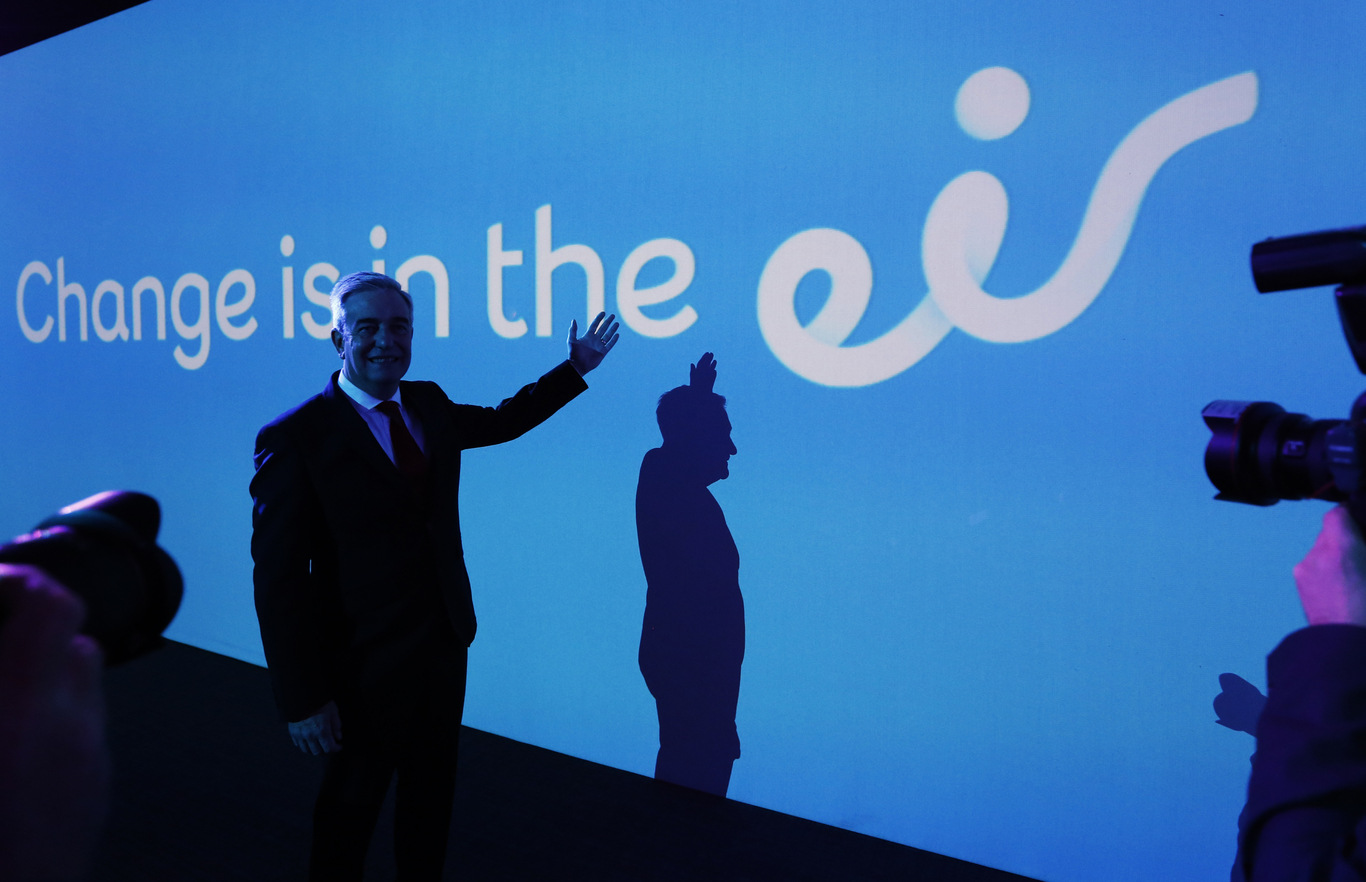Singapore's sovereign wealth fund wants to take a €230m stake in Eir
The former state-owned telecoms provider rejected a €3.3 billion takeover offer last year.
SINGAPORE’S SOVEREIGN WEALTH fund plans to buy shares worth up to €230 million in former state-owned telecoms company Eir.
The investment fund will purchase existing shares in the broadband and phone provider with the sale expected to make it one of the company’s largest stakeholders.
Eir said Anchorage Capital Group, a New York investment house which bought a major piece of the company last year after first investing in 2012, was expected to remain its biggest shareholder with more than 35% of the firm after the deal.
The company rejected a €3.3 billion takeover offer in May, however the Irish Times reports the latest transaction would value Eir at a similar price. GIC, Singapore’s sovereign wealth fund, will reportedly own up to 16% of the company after the sale.
Two other US hedge funds, York Capital and Davidson Kempner, are the largest existing shareholders with 15% and 12% stakes respectively.
Eir said the latest acquisition “is expected to be conditional upon the approval of certain matters by shareholders” at an extraordinary general meeting of its holding company, the Luxembourg-based Eircom Holdco SA, by the end of the month.
In 2014, when it was still known as Eircom, the company shelved plans to relist on the stock market for the first time since it was taken private in 2006.

Broadband plunge
Recently the company has been taking a deep plunge into the broadband market, spending more than €300 million on a fibre-to-the-cabinet network that it expects to reach 1.9 million premises by 2020.
In its last update at the end of March, the company said it had passed over 1.4 million premises with a 28% take-up of its high-speed broadband.
Last year it reported its first year-on-year upturn in revenue for years as new subscribers started to make up for the ongoing drop in fixed-line phone users.






